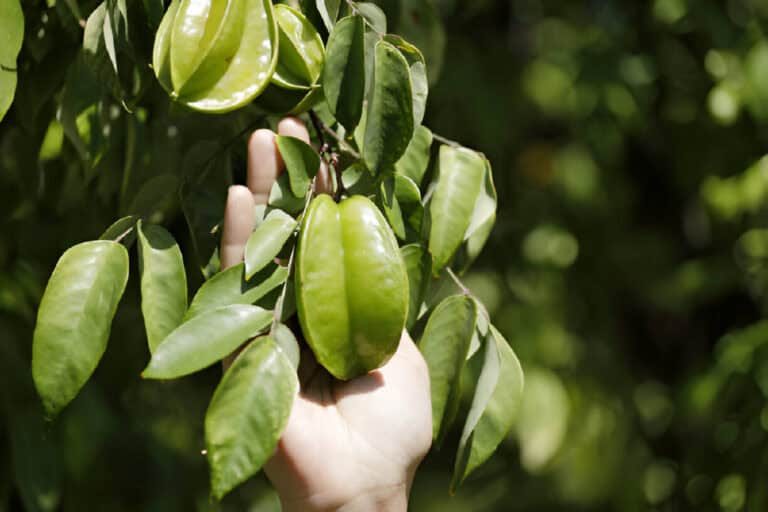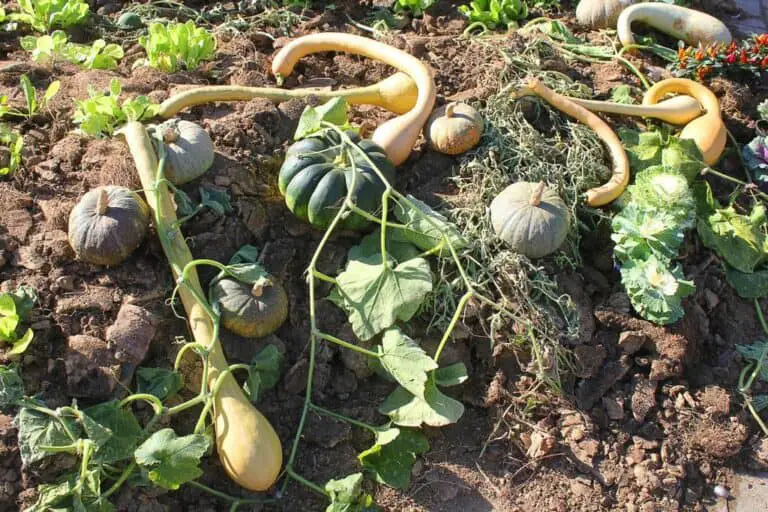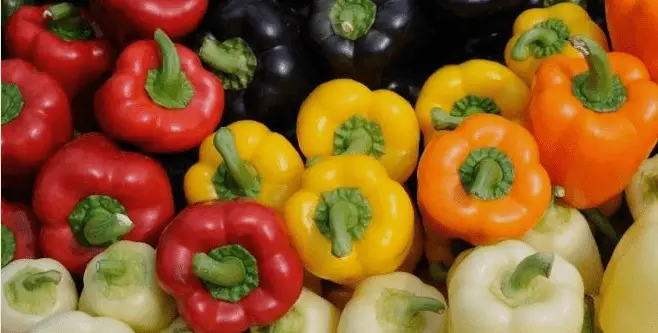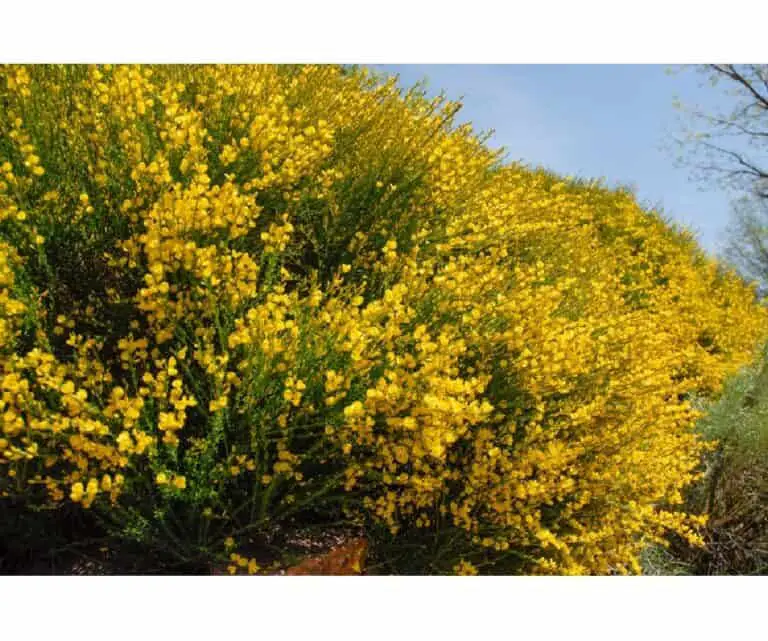Can Modern Farming Practices Be Applied to Small-Scale Agriculture?
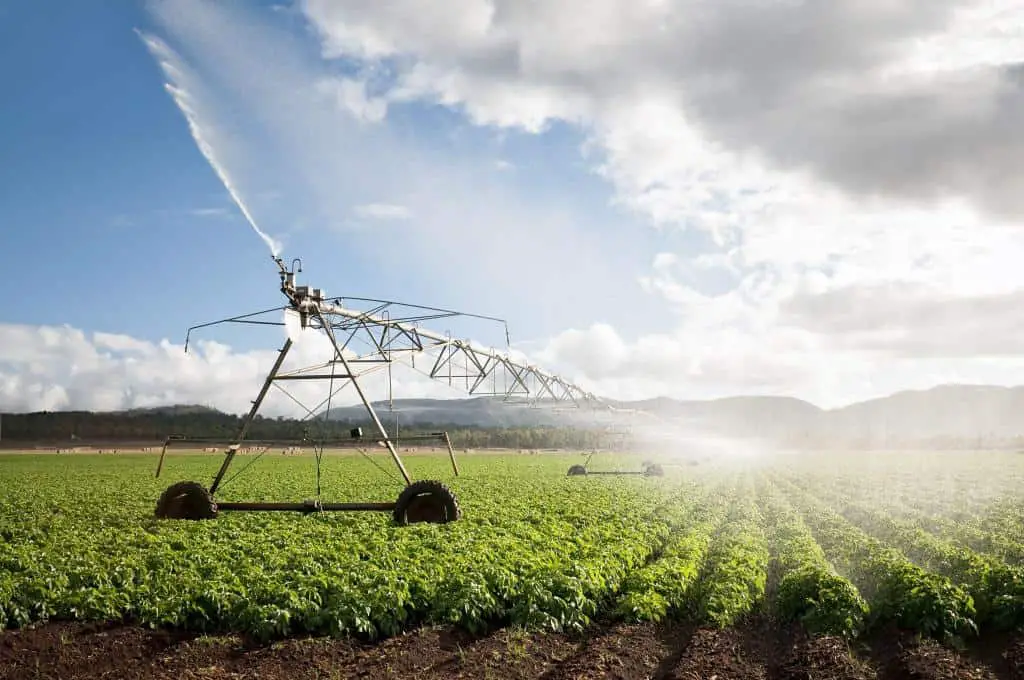
In a world where technological advancements and sustainable practices have revolutionized the agricultural landscape, a crucial question arises: Can the same innovative techniques that have propelled large-scale farming to new heights be successfully applied to small-scale agriculture?
Modern farming practices, with their emphasis on precision, efficiency, and environmental stewardship, have transformed the way we produce food. From precision agriculture and integrated pest management to the utilization of cutting-edge technologies like drones and sensors, these practices have been instrumental in optimizing yields and conserving resources on large-scale farms. But are they adaptable to the particular difficulties and limitations that small-scale farmers face?
In this article, we will explore the possibilities, opportunities, and hurdles that come with applying modern farming practices to small-scale agriculture. Join us as we uncover the transformative potential that lies at the intersection of innovation and sustainability, unlocking a world of possibilities for small-scale farmers striving to cultivate their land with efficiency, resilience, and a deep sense of environmental responsibility.
Overview of Modern Farming Practices
Modern farming practices encompass a range of innovative techniques that have redefined the agricultural landscape. Let’s take a closer look at some of these practices:
Precision Agriculture – Precision agriculture utilizes technology to optimize resource allocation, resulting in improved crop yields and reduced environmental impact. Farmers can employ tools like GPS, drones, sensors, and the Internet of Things (IoT) to monitor and manage their fields more precisely, ensuring optimal conditions for growth.
Integrated Pest Management and Crop Rotation – Modern farming practices prioritize sustainable pest management. Integrated Pest Management (IPM) involves the strategic use of various techniques to control pests effectively, such as biological control and targeted pesticide application. Crop rotation is another crucial practice that helps minimize pest and disease pressure while maintaining soil health.
The Benefits of Modern Farming Practices
Modern farming practices encompass a range of techniques and technologies that aim to optimize agricultural production while minimizing environmental impact. These practices have been successful in large-scale farming operations, leading to increased yields, reduced resource consumption, and improved crop quality. By incorporating these practices into small-scale agriculture, farmers can potentially enjoy similar benefits.
1. Improved Efficiency
Modern farming techniques, such as precision agriculture, utilize advanced technologies like GPS, remote sensing, and data analytics to optimize resource allocation. By precisely tailoring irrigation, fertilization, and pest control, farmers can reduce waste and ensure that resources are used efficiently. Small-scale farmers can also benefit from these techniques, maximizing their limited resources and achieving higher yields.
2. Enhanced Sustainability
Sustainability is a key focus in modern agriculture, and small-scale farmers can play a crucial role in promoting environmental stewardship. By adopting practices like organic farming, crop rotation, and integrated pest management, small-scale farmers can minimize the use of chemical inputs and preserve soil health. These practices contribute to long-term sustainability, protecting both the environment and the livelihoods of farmers.
3. Increased Profitability
While modern farming practices often require an initial investment, they can lead to increased profitability over time. By optimizing production processes and reducing waste, farmers can lower costs and improve their bottom line. Additionally, implementing sustainable practices can open doors to niche markets that value environmentally friendly and locally produced goods, allowing small-scale farmers to command higher prices for their products.
Challenges and Considerations for Small-Scale Farmers
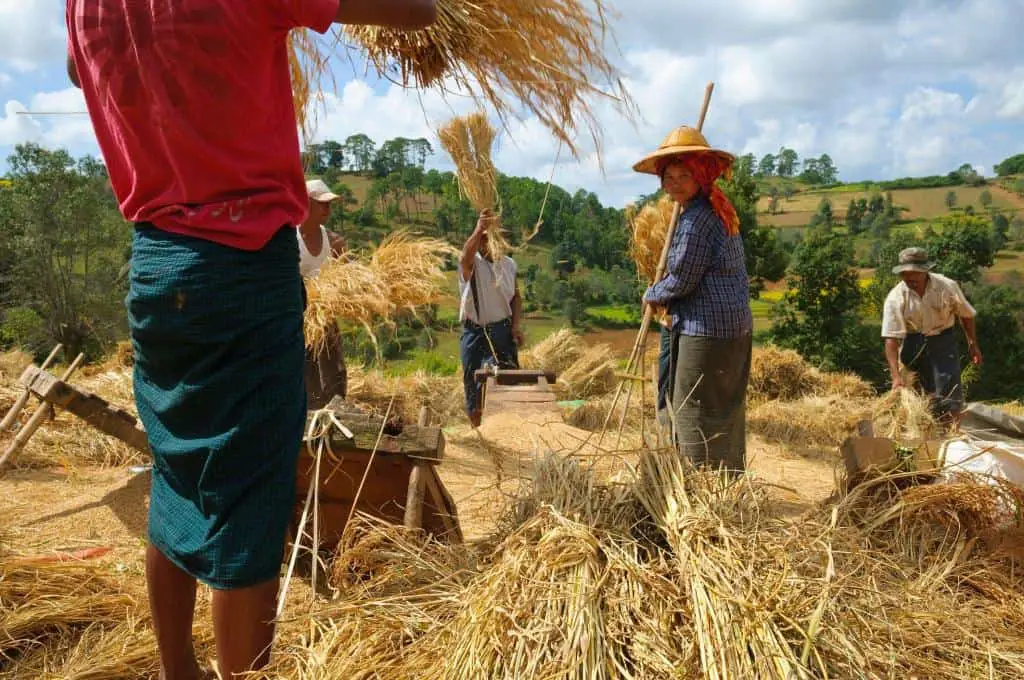
While modern farming practices offer numerous benefits, there are also challenges and considerations that small-scale farmers need to take into account when implementing these techniques.
1. Cost of Technology
One of the primary challenges faced by small-scale farmers is the cost of implementing modern farming technologies. Many advanced tools and equipment can be expensive, making them inaccessible for farmers with limited financial resources. However, as technology becomes more widespread and affordable, the cost barrier is gradually diminishing, providing opportunities for small-scale farmers to adopt these practices.
2. Technical Knowledge and Training
Implementing modern farming practices requires a certain level of technical knowledge and expertise. Small-scale farmers may need training and support to understand and utilize these techniques effectively. Collaborations with agricultural extension services, local universities, or farmer cooperatives can help bridge this knowledge gap and provide small-scale farmers with the necessary skills to implement modern practices successfully.
3. Scale Adaptation
Some modern farming practices are designed with large-scale operations in mind and may not be directly applicable to small farms. For example, automated machinery used in large-scale harvesting may not be suitable for small plots. However, alternative techniques and adaptations can be explored to make these practices feasible for small-scale farmers. This might involve the use of smaller-scale technologies or creative solutions tailored to the specific needs of small farms.
Can Modern Farming Practices Be Applied to Small-Scale Agriculture?
The integration of modern farming practices into small-scale agriculture presents a realm of possibilities and challenges that warrant closer examination. While these practices have traditionally been associated with large-scale operations, the question arises: can they effectively translate to the realm of small-scale farming?
Yes, modern farming practices can be applied to small-scale agriculture. In the section below, we delve deeper into this inquiry, exploring the intricacies of implementing modern techniques in small-scale agriculture and examining the potential benefits and obstacles that emerge along the way.
Implementing Modern Farming Practices on a Small Scale
To effectively apply modern farming practices to small-scale agriculture, a holistic and tailored approach is essential. Small-scale farmers can start by considering the following steps:
- Assess Farm Characteristics: Understand the specific characteristics of your farm, including soil type, climate, available resources, and market demands. This analysis will help determine which modern practices are most suitable for your situation.
- Education and Training: Seek out educational resources, workshops, and training that focus on modern farming practices for small-scale agriculture. These resources can provide valuable insights into the techniques and technologies that are most relevant to your farm.
- Start Small: Begin by implementing modern practices on a small scale to test their viability and effectiveness. Choose a specific crop or aspect of your farming operation to focus on, such as precision irrigation or integrated pest management. This approach allows you to learn and adapt before scaling up.
- Collaborate and Network: Engage with other small-scale farmers, local agricultural organizations, and agricultural experts to share experiences and knowledge. Collaborative efforts can help address common challenges and provide support in implementing modern farming practices.
- Adapt Practices to Suit Your Farm: As mentioned earlier, some modern farming practices may need to be adapted to fit the scale and context of your small farm. Experiment with innovative solutions and modifications to make these practices work for your specific needs.
- Monitor and Evaluate: Regularly monitor the impact of modern farming practices on your farm. Keep track of metrics such as crop yield, resource usage, and financial returns. This data will help you assess the effectiveness of the practices and make informed decisions for future implementation.
- Stay Updated: Keep abreast of the latest advancements and innovations in modern farming practices. Attend conferences, read industry publications, and follow agricultural research to stay informed about new techniques and technologies that could benefit your small-scale farm.
How Small-Scale Farmers Overcome the Financial Constraints?
Small-scale farmers can overcome financial constraints by exploring various avenues:
- Researching and accessing available government subsidies and grants specifically targeted at supporting small-scale agriculture.
- Participating in training programs and workshops to acquire the necessary skills and knowledge to implement modern techniques effectively.
- Collaborating with other small-scale farmers to pool resources, share costs, and collectively invest in modern farming equipment or technologies.
- Exploring alternative financing options such as microloans or crowdfunding initiatives designed to support small-scale agricultural projects.
How Can Consumers Support and Encourage Small-Scale Farmers in Adopting Modern Practices?
Consumers play a crucial role in supporting and encouraging small-scale farmers:
- Choosing locally produced food and supporting farmers’ markets or CSA initiatives.
- Educating themselves about the benefits of sustainable farming practices and seeking out products from farms that implement these techniques.
- Engaging in direct communication with farmers to understand their challenges and show appreciation for their efforts.
- Supporting policies and initiatives that promote and protect small-scale agriculture.
- Sharing their positive experiences and promoting small-scale farmers through word-of-mouth and social media platforms.
By actively supporting small-scale farmers, consumers contribute to the sustainability of local agriculture, the well-being of farming communities, and the availability of high-quality, responsibly produced food.
Conclusion
While modern farming practices have predominantly been associated with large-scale agriculture, their principles and benefits can indeed be applied to small-scale farming operations. Small-scale farmers can leverage these practices to improve efficiency, enhance sustainability, and increase profitability. However, it is important to consider the unique challenges and limitations faced by small-scale farmers and adapt the practices accordingly.
By embracing modern techniques, small-scale farmers can achieve greater productivity, conserve resources, and contribute to a more sustainable and resilient agricultural system. With access to training, support, and opportunities for collaboration, small-scale farmers can unlock the potential of modern farming practices and thrive in an ever-evolving agricultural landscape.
FAQs
Can small-scale farms achieve the same level of productivity as large-scale farms?
While small-scale farms may not achieve the exact same level of productivity as large-scale farms due to differences in resources and economies of scale, they can still achieve high levels of productivity by implementing modern farming practices tailored to their specific needs. Efficient resource management, sustainable techniques, and strategic crop selection can help small-scale farmers optimize productivity within their limitations.
Are modern farming practices suitable for all types of crops in small-scale agriculture?
Modern farming practices can be adapted to suit various types of crops in small-scale agriculture. Precision agriculture techniques, such as sensor-based monitoring and data analytics, can be applied to different crop varieties. Similarly, sustainable practices like organic farming and permaculture can be employed across a wide range of crops, ensuring environmental stewardship and productivity enhancement.
How can small-scale farmers ensure the sustainability of their farming practices?
Small-scale farmers can ensure the sustainability of their farming practices by implementing techniques that prioritize soil health, biodiversity conservation, and efficient resource utilization. This includes practices like crop rotation, cover cropping, organic farming, water conservation, and adopting regenerative agricultural principles.
What are the potential environmental impacts of modern farming practices on small-scale agriculture?
When implemented responsibly, modern farming practices can have positive environmental impacts on small-scale agriculture. Sustainable techniques such as precision agriculture, integrated pest management, and organic farming reduce the use of chemical inputs, minimize soil erosion, and conserve water resources. By adopting these practices, small-scale farmers can promote biodiversity, improve soil health, and contribute to overall environmental sustainability.
What are the social and economic benefits of promoting small-scale agriculture?
Promoting small-scale agriculture brings several social and economic benefits:
Preservation of local agricultural heritage and traditions.
Creation of employment opportunities and support for local economies.
Increased access to fresh, locally grown food for communities.
Strengthened community relationships through farmers’ markets and direct consumer-farmer interactions.
Improved food security by diversifying local food production.

